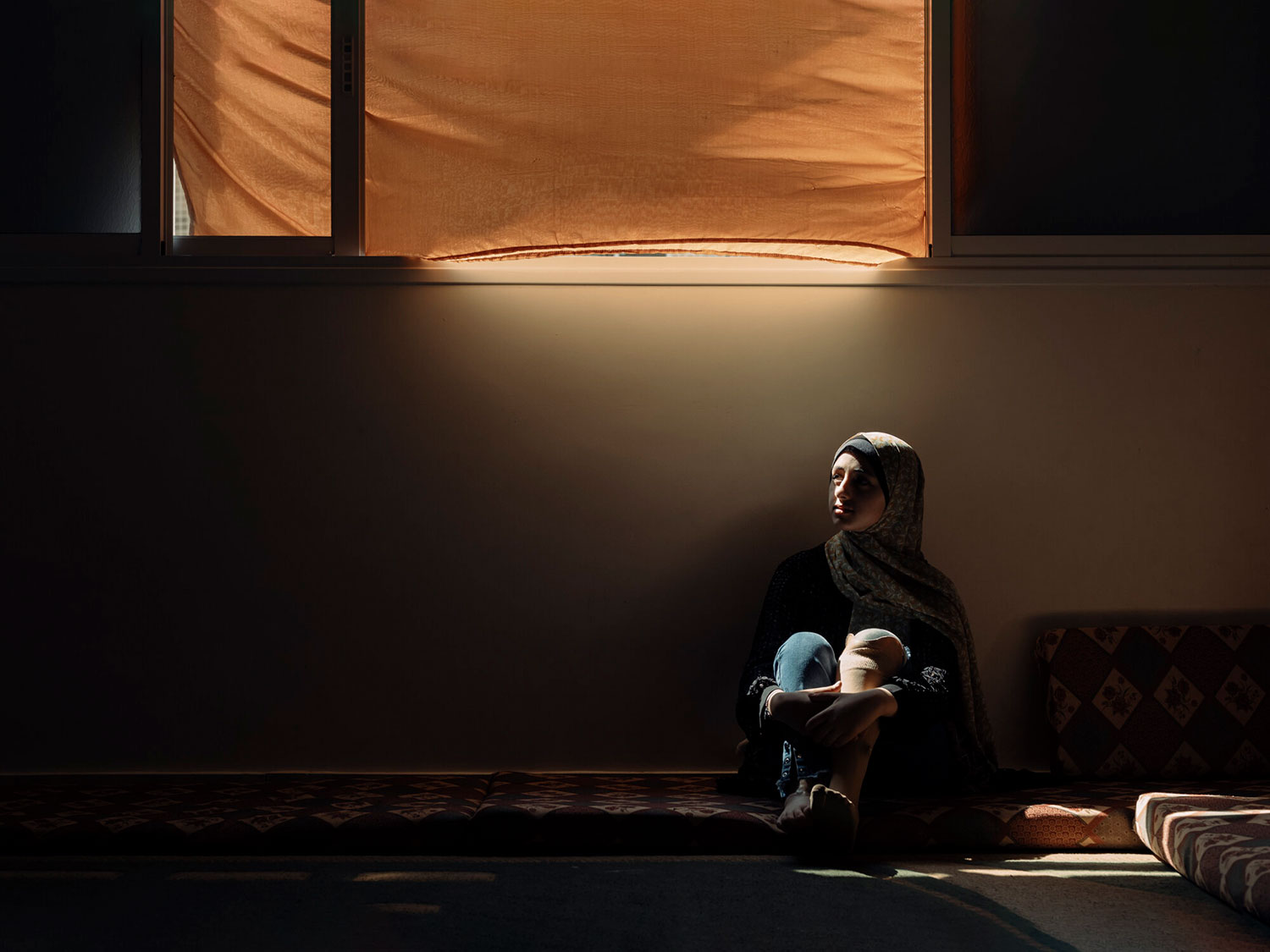Children under attack
Every day, children living in wars across the globe are facing unspeakable horrors. They are not safe sleeping in their homes or playing outside, learning in school or seeking medical care at hospitals. From killing and maiming, abduction and sexual violence, to attacks on education and health facilities, and the denial of the humanitarian assistance that they desperately need, children are being caught in the crosshairs of warring parties at a staggering scale.
Alarming data
The UN Secretary-General Annual Report on Children and Armed Conflict highlights that in 2023 alone:
- 11,649 children were killed or maimed
In the majority of cases, the use of explosive ordnance, including explosive weapons and remnants of war, improvised explosive devices and landmines, including in populated areas, caused the killing and maiming of children. - 8,655 children were recruited or used, and 4356 were abducted
with the highest numbers verified in the Democratic Republic of the Congo, Somalia and Nigeria. Almost 30% of the victims were girls. Factors such as sex, age, disability, ethnicity, religion, geopolitical location, and economic status primarily determine a child’s risk of recruitment, how they are exploited, and the violations they experience - 1,470 children were victims of sexual violence
Sexual violence in conflict is the most underreported grave violation for both girls and boys due to stigma and lack of legal protection. More than 90% of sexual violence was perpetrated against girls, who are disproportionately affected by sexual violence and forced marriage, although incidents of sexual violence against boys also increased. - 5,205 incidents of denial of humanitarian access
From 2022 to 2023, denial of humanitarian access increased by over 32 per cent, often coinciding with an escalation in other grave violations. For 2024, denial of humanitarian access is expected to deteriorate in several contexts, given the adoption of restrictive regulations that increase control over humanitarian organizations and personnel, notably in Afghanistan, Myanmar and the Sudan. - 1,650 incidents in schools and hospitals
From 2021, when Security Council Resolution 2601 was adopted, until 2023, attacks on schools increased by nearly 60 percent. Attacks on girls' schools and the abduction of girls at school or on the way to school have frequently targeted girls' education because of harmful gender norms.
Ending and preventing grave violations against children is central to the mandate on children and armed conflict. The most effective way to protect children from hostilities is to eliminate the push and pull factors that lead to their involvement in armed conflict.
Poems for Peace
Ruweda, Sudan “No to war, and yes to peace. No to death, yes to life”. Watch Ruweda’s inspiring poem from her home in conflict-affected northern Nigeria.
With Poems for Peace, UNICEF is giving children a platform to explain in their own words the impact of conflict and war on their lives – and their hopes and dreams for the future.

Photo exhibit: From Despair to Hope; Children Beyond Armed Conflict
Weam, 16, Gaza: Weam was injured whilst walking past her house. She, her father and her three cousins were targeted by an anti-personnel drone rocket, which exploded into thousands of small metallic cubes. “I just couldn’t accept the fact that I had lost my limb, it was very difficult for me.”
In times of conflict, UNICEF stays, delivers and does everything in its power to advocate for the protection, safety and rights of all children.
Ending violence against children is possible
2024: a record number of children impacted by conflict
Dr. Graça Machel reflects on the Children and armed Conflict Agenda 25 years on
"Children are children, first of all. As adults, it is our duty to protect them, and to create a better, more peaceful world where every one of their rights is protected and fulfilled. Anything less is unacceptable."
In July 2022, on the occasion of the launch of UNICEF’s report “25 years of CAAC: Taking Action to Protect Children in War”, Dr. Graça Machel reflected on the progress made by the international community to better understand how wars impact children. She called for action to assist affected children in a manner tailored to their needs, and to hold accountable the warring parties that are violating their rights.




